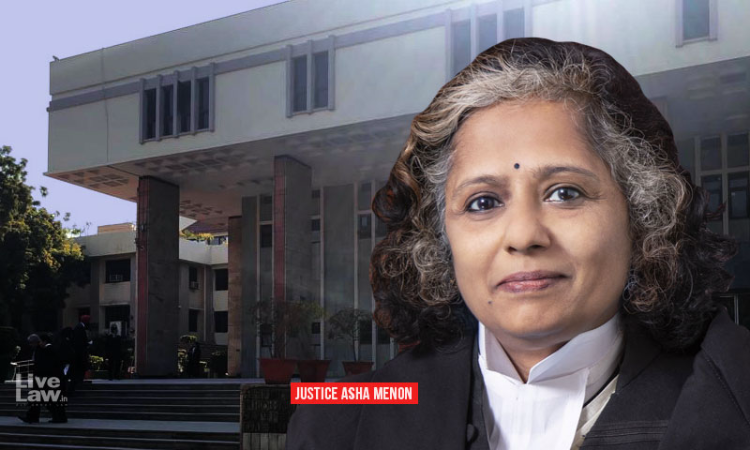The Delhi High Court has observed that a mere wrong decision without anything more is not enough to attract the supervisory jurisdiction of High Court under Article 227 of the Constitution of India. "…it may be noted that the power under Article 227 of the Constitution of India being one of judicial superintendence cannot be exercised to upset conclusions, howsoever erroneous they may...

